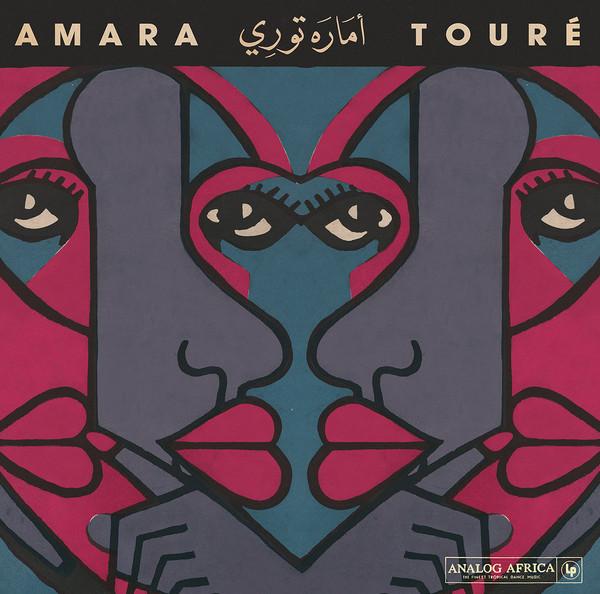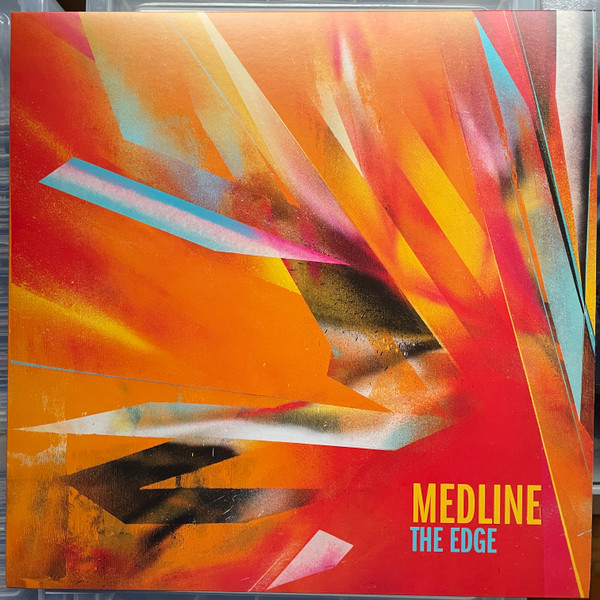By continuing your navigation on this website, you accept the use of cookies for statistical purposes.
Menahan Street Band
The Crossing







A1
The Crossing
A2
Lights Out
A3
Keep Coming Back
A4
Three Faces
A5
Sleight Of Hand
B1
Everyday A Dream
B2
Seven Is The Wind
B3
Bullet For The Bagman
B4
Driftwood
B5
Ivory And Blue
B6
Ivory And Blue (Reprise)
Sophomore Menahan Street Band album.
In addition to their role as the official house band for Brooklyn-based Dunham Records, Menahan Street Band has received critical praise for their oft-sampled 2008 debut album Make The Road By Walking (sampled by Jay-Z, 50 Cent, Kid Cudi, Curren$y and more) and for backing breakout soul singer Charles Bradley on his 2011 debut album No Time For Dreaming (co-written and produced by MSB co-founder and multi-instrumentalist Thomas Brenneck).
"Vibe is a quintessential element in what I'm going for," says Brenneck of creating the album. "Vibe, mood and emotion." Those three elements are all over The Crossing, from the opening drum roll of the ominous title track, through the final burst of wah-wah guitar on the closing "Ivory and Blue." The Crossing takes you on a cinematic instrumental journey through a nocturnal landscape of moods and emotions, propelled by funky, hip-hop-influenced grooves and dream-like horn and keyboard melodies.
Despite Menahan Street Band's deep connections to the Brooklyn soul scene, The Crossing isn't soul music per se… it's more like "dark night of the soul" music. "I recorded a lot of it from midnight until the sun came up, all the weird synthesizers and slide guitar," Brenneck notes. "A lot of it was really moody, just me going slightly out of my head in the middle of the night. And that was the mood I wanted to evoke when people listen to it, to put them in deep thought - your mind should wander into some weird places when you're listening to this."
Recorded over a period of nearly two years, The Crossing is an 11-track sonic testament to the fruitful creative relationship that exists between band: Brenneck, drummer and band co-founder Homer Steinweiss, bassist Nick Movshon, trumpeter Dave Guy and tenor saxophonist Leon Michels. The five members have been playing together in one project or another since the early 2000s, when they were all members of The Dap-Kings. Antibalas keyboardist Victor Axelrod, a former Dap-King himself, played organ on two of the album's tracks, while The Budos Band's Mike Deller contributed piano.
"Originally MSB was just about us wanting to make some music for ourselves that was outside of the tight-knit formula of the music we were playing in the Dap-Kings and Antibalas, and wanting to embrace the fact that we grew up on hip-hop and classic rock," adds Brenneck. "There's a discipline that goes into playing Fela's music, and that goes into playing James Brown music; we love that to death, and we studied it hard in order to be able to play it with any sort of authenticity. But I love Neil Young, The Beatles and Jimi Hendrix, and we all love Wu-Tang and the early RZA productions as much as we all love Stax and Motown. With MSB, we can really let all these influences show."
The Crossing's more mature and expansive sound is also the result of the place where it was recorded. Dunham Sound Studios is the all-analog recording studio Brenneck built four years ago in Brooklyn with Steinweiss which was funded by a royalty check they received after Jay-Z sampled the title track of Make The Road By Walking for his 2007 hit, "Roc Boys (And the Winner Is…)". Other artists that have performed/recorded at Dunham Sound and with Menahan Street Band include Mark Ronson, Rufus Wainwright, Cee-lo Green, Theophilus London and Diane Birch, among many others.






